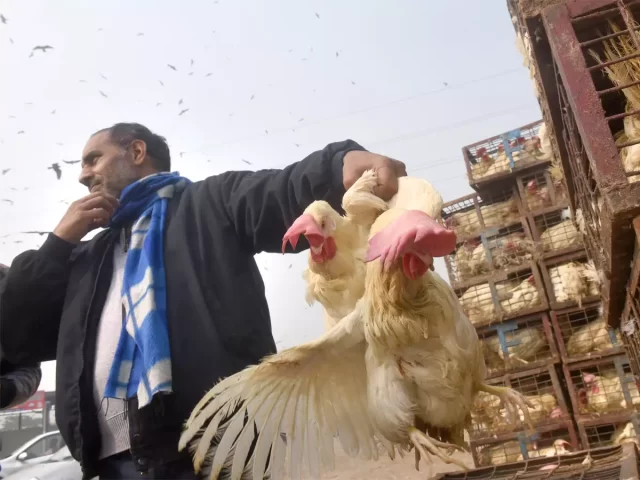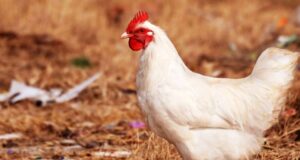
The poultry industry in India has witnessed remarkable growth over the years, emerging as a vital component of the country’s agriculture and food processing sectors. With the interim budget for the fiscal year 2024 recently announced, stakeholders in the poultry sector are keen to understand its potential impact.
The sector encompasses both egg production and broiler farming, with millions of farmers and numerous integrated poultry companies operating across the country. Poultry products, including eggs and chicken meat, are staple foods for a significant portion of the population, providing affordable sources of protein and essential nutrients.
Despite its significant contributions to food security and rural livelihoods, the poultry sector faces various challenges. These include disease outbreaks, input cost fluctuations, market volatility, and infrastructural constraints. Additionally, concerns regarding animal welfare, food safety, and environmental sustainability have garnered increasing attention in recent years.
Key Provisions of the Interim Budget 2024 for the Poultry Sector
Investment in Infrastructure: The interim budget allocates substantial funds for the development of poultry infrastructure, including hatcheries, feed mills, processing plants, and cold storage facilities. Investments in infrastructure are essential for enhancing the efficiency of poultry operations, reducing post-harvest losses, and ensuring product quality and safety.
Disease Control and Biosecurity: Recognizing the significant impact of disease outbreaks on poultry production, the interim budget includes provisions for disease control measures and biosecurity enhancements. This involves the implementation of vaccination programs, disease surveillance systems, and biosecurity protocols at farms and processing units. By strengthening disease control measures, the government aims to safeguard poultry health and minimize production losses.
Technology Adoption: Emphasizing the importance of technology in improving productivity and efficiency, the interim budget promotes the adoption of modern practices in poultry farming. This includes initiatives such as the dissemination of information on best management practices, training programs for poultry farmers, and the adoption of digital solutions for farm management and monitoring.
Market Access and Export Promotion: With the objective of boosting exports and enhancing farmers’ income, the interim budget outlines measures to promote poultry exports. This includes the provision of export incentives, streamlining export procedures, and market development initiatives targeting key export markets. Expanding market access for poultry products is crucial for reducing surplus stocks, stabilizing prices, and increasing farmers’ remuneration.
Support for Small-Scale Farmers: Small-scale poultry farmers constitute a significant portion of the poultry sector and often face challenges such as limited access to credit and technical know-how. The interim budget includes provisions for targeted support programs aimed at empowering small-scale poultry farmers. This may involve subsidies for inputs such as feed and vaccines, access to credit facilities, and capacity-building initiatives.
Quality Assurance and Food Safety: Ensuring product quality and food safety is paramount in the poultry industry to maintain consumer trust and meet regulatory requirements. The interim budget includes provisions for strengthening quality assurance mechanisms, including the enforcement of hygiene and safety standards at poultry farms and processing units. By enhancing quality assurance and food safety practices, the government aims to bolster consumer confidence and facilitate market access.
Research and Development: Innovation plays a crucial role in addressing the challenges faced by the poultry sector and unlocking its growth potential. The interim budget allocates funds for research and development in areas such as genetics, nutrition, disease management, and waste management. Investing in R&D can lead to the development of disease-resistant breeds, innovative feed formulations, and sustainable production practices, thereby enhancing productivity and sustainability.
In conclusion, the interim budget for the fiscal year 2024 presents a comprehensive set of measures aimed at addressing the challenges and opportunities facing the poultry sector in India. By focusing on infrastructure development, disease control, technology adoption, market access, support for small-scale farmers, quality assurance, and research and development, the government seeks to promote growth, enhance farmers’ income, and ensure the sector’s long-term sustainability. However, the successful implementation of these measures will require concerted efforts from all stakeholders, including the government, poultry industry players, farmers, and research institutions. With the right policies and interventions in place, the poultry sector can continue to thrive and fulfill its role as a key contributor to food security, nutrition, and economic development in India.
















